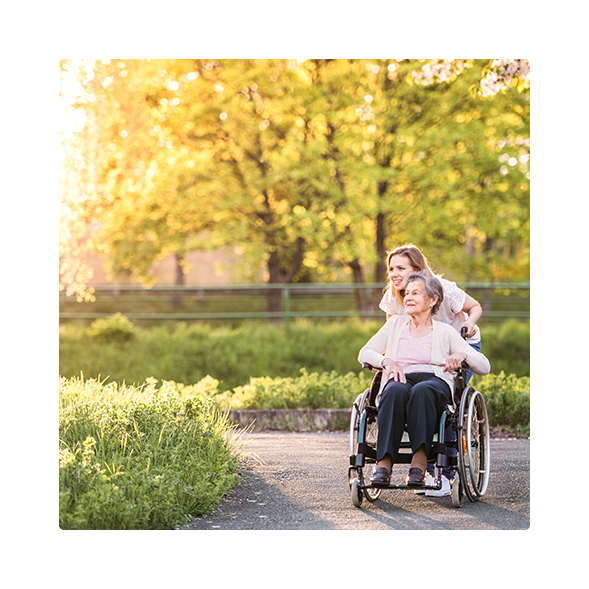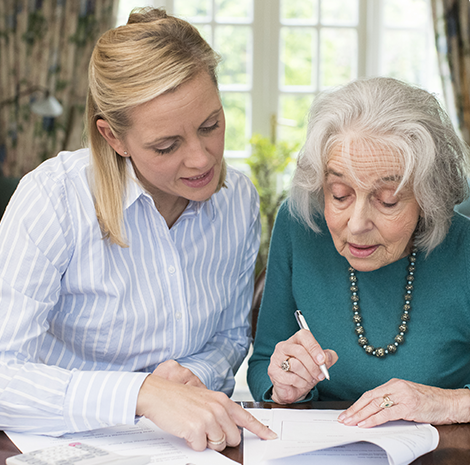Tragic accidents, out of the blue illnesses, even the global COVID pandemic; they all force us to think about the future. Should a life-changing situation happen which leaves you incapacitated, what will happen to your assets and finances? And which of your loved ones will have the responsibility of managing them? That’s where Lasting Power of Attorney (LPA) comes into play.






